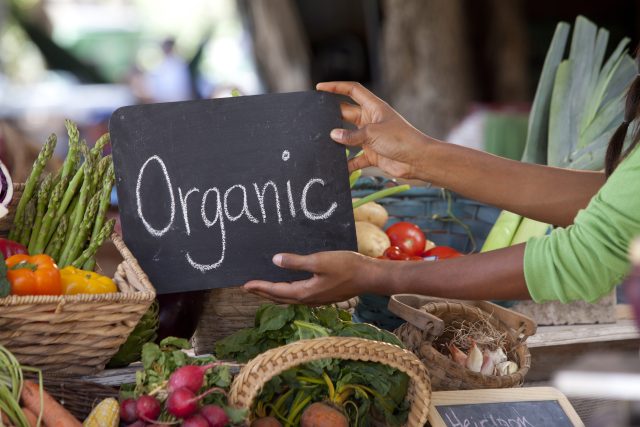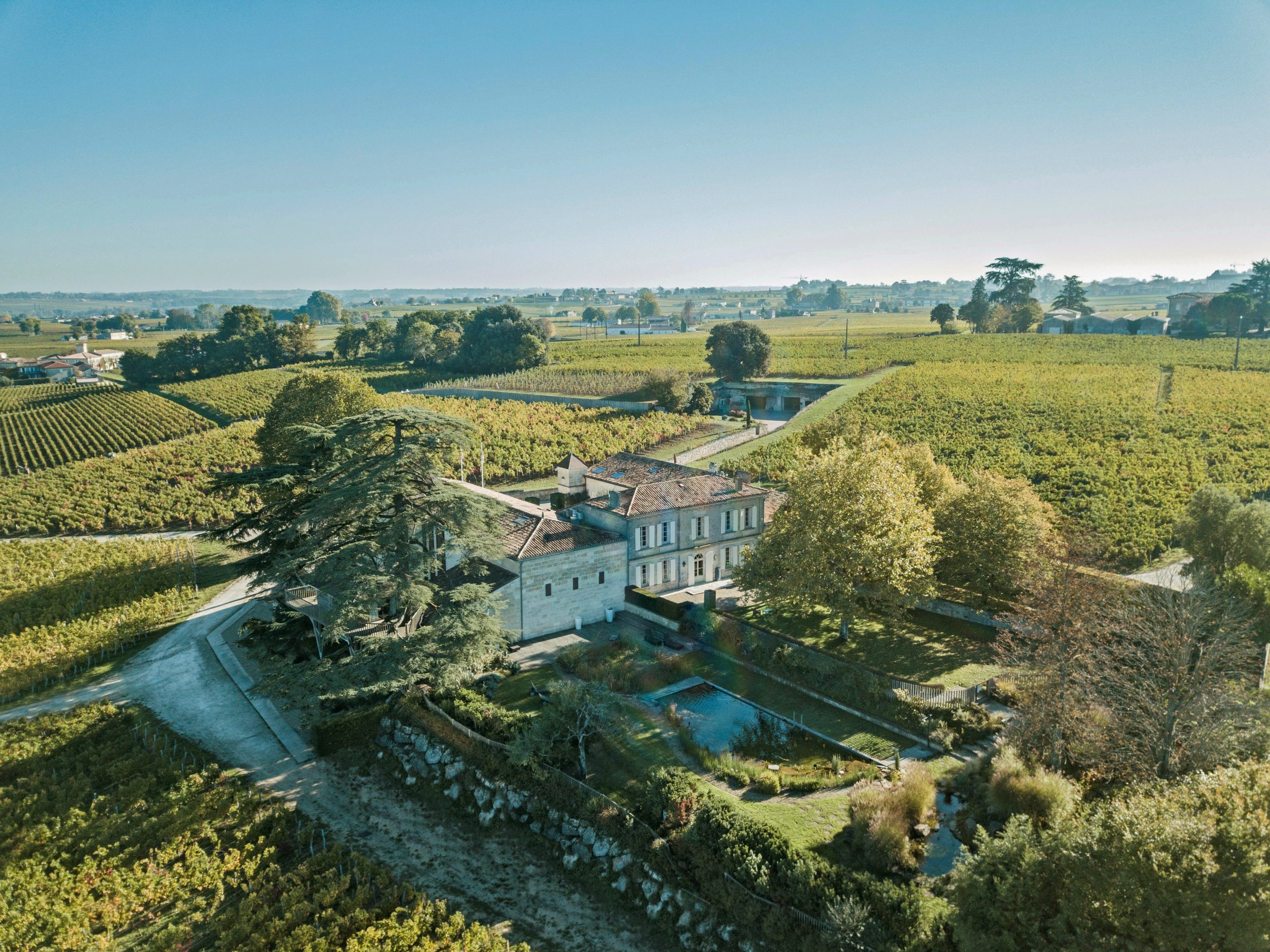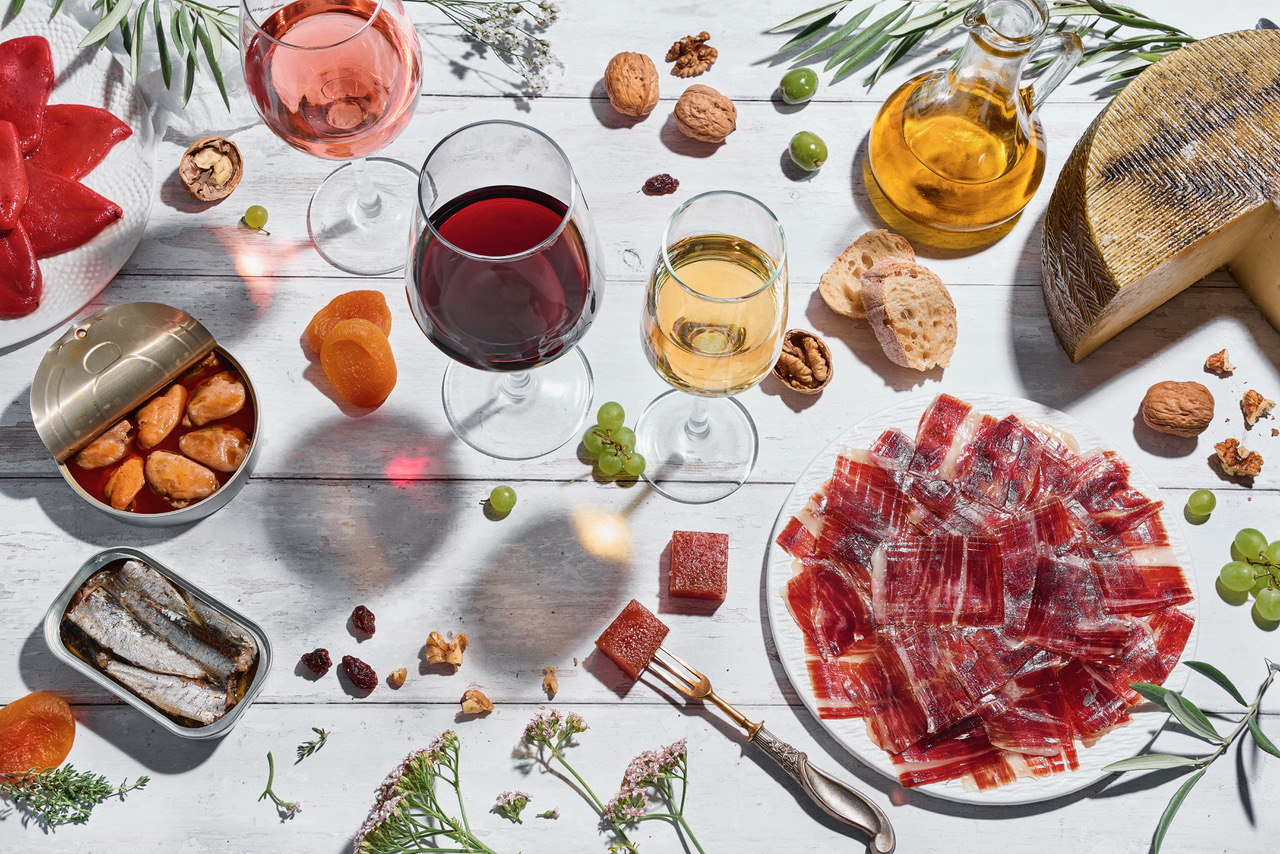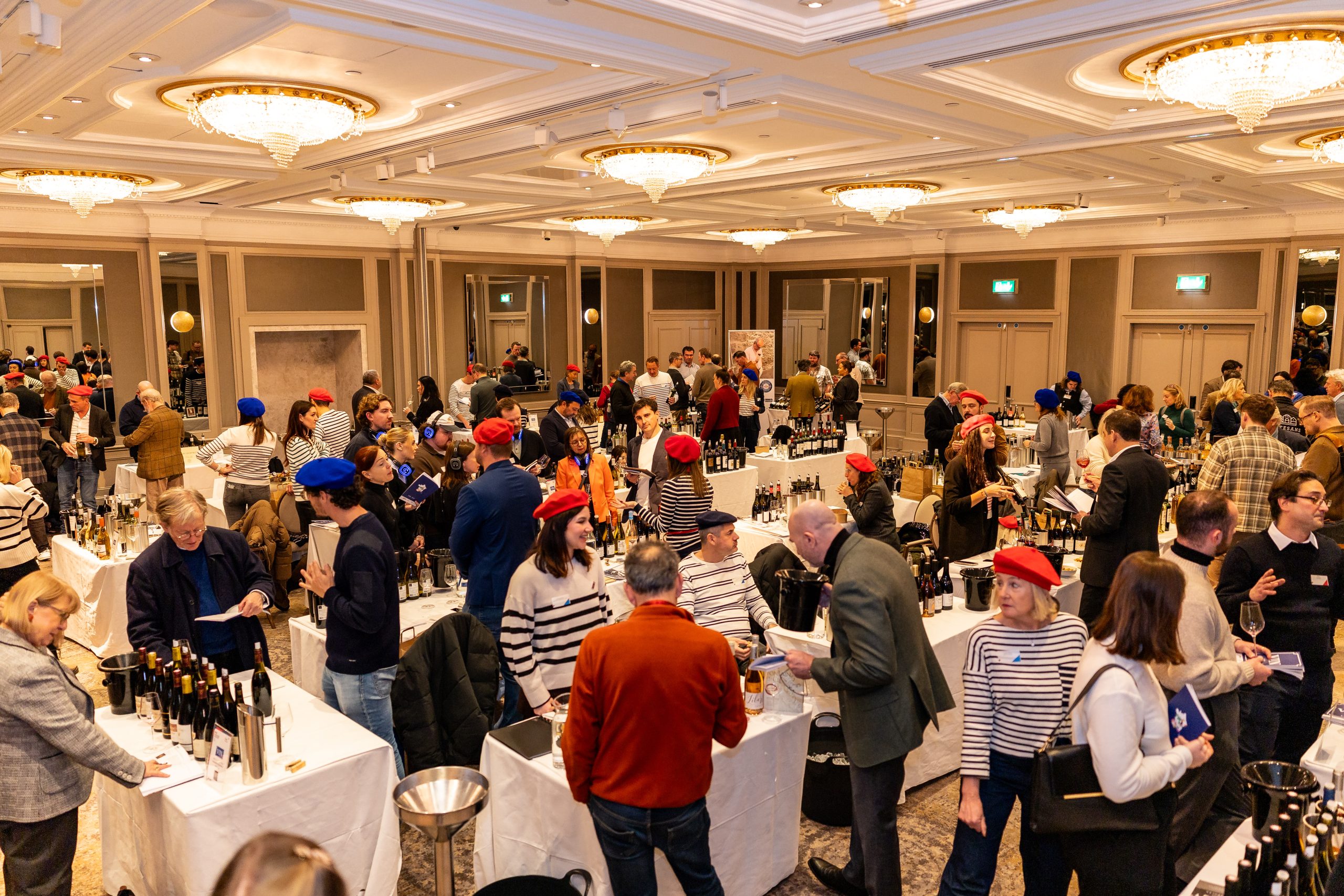Non-organic wine like ‘fast fashion’, says winemaker
While many espouse the health benefits of following an organic diet, one winemaker believes we have a moral and social responsibility to drink organic.

Organic wine is on the rise, with global volume sales up by 8.3% last year, according to IWSR. But while much is made of the potential health benefits of going organic, one Chilean winemaker believes it’s a matter of social responsibility.
“Yes, you’re making a choice about what you put into your body, which has a direct impact on your personal health,” Noelia Orts tells db. “But in choosing organic wine you are also saying no to supporting a system of agriculture which can harm the farming communities and families around the vineyards.”
Orts, who is the head winemaker at Emiliana Organic Vineyards in Chile, believes it’s a two-tier decision. “There is personal responsibility, and community responsibility.”
She says that while it might be easier and cheaper to get hold of a bottle of conventional wine, there are parallels with buying “fast fashion”, where the people who make the cheap garments are not necessarily living or working in the best conditions.
“For me the heaviest thing is the impact on the agricultural communities who live around the areas where the wine is made,” Orts says. “Studies of children’s urine have shown presence of metals, and the evidence suggests that the use of chemicals in the fields and vineyards can impact their health and even their brains, and their ability to learn.”
Orts is on a mission to prove that going organic doesn’t have to cost a fortune, for consumers or producers. “In wine, organic production doesn’t have to translate to higher retail prices as it often does with organic food,” she says. “It’s possible to buy quality organic wine at all price points”. Case in point is Emiliana’s 100% organic wines, which range from £6.99 to £39.99 on shelf.
For producers, Orts says, “It may actually even be cheaper to go organic now, as the price of fertiliser and chemical imports has shot up in 2022. It used to be around 30% more expensive to pursue organic viticulture over conventional, but it’s almost level now.”
Partner Content
Philippe Rolet, CEO of Viña Los Vascos, the Chilean outpost of Domaines Barons de Rothschild (Lafite), disagrees on the cost of going organic, but feels that the expenditure is worth it.
“The cost of organic production is still higher; it’s easier and cheaper not to be organic. But it’s simpler for Chile to pursue organic viticulture than it is for many other countries so it’s almost a crime not to.”
Rolet describes Chile as being “like an island with a lot of natural barriers” and says that the country’s topography, which boasts mountains on one side, the Pacific Ocean on the other, and the vast Atacama desert at the top, means that “lots of plague and disease that could harm our vineyards haven’t arrived here yet.”
The fact that the country has high temperatures and low rainfall means that fungus is less of a risk and therefore “we have less need to spray pesticides.”
He believes that if Chilean winemakers can premiumise their product and “command higher prices in international markets for our wines, then we will start to see more organic production and more producers converting over as they will be better able to afford it.”
Los Vascos currently has 90 hectares of its total 3,600ha already certified organic, with another 300ha currently under transition and according to Rolet: “The aim is to have all our wines produced organically by the end of the decade.”
In last year ’s Organic Wine Report, the IWSR forecast that the organic wine market would reach 87.5 million cases by 2022, with Europe accounting for a 78% slice of the pie. Germany is the biggest market for the category, accounting for around 24% of global consumption.
Related news
The highlights of the hors Bordeaux 2026 Spring collection
Santiago Marone Cinzano: 'my generation wants wines that are ready to drink'
Raise a glass to Cabernet excellence: enter The Global Cabernet Sauvignon Masters 2026




